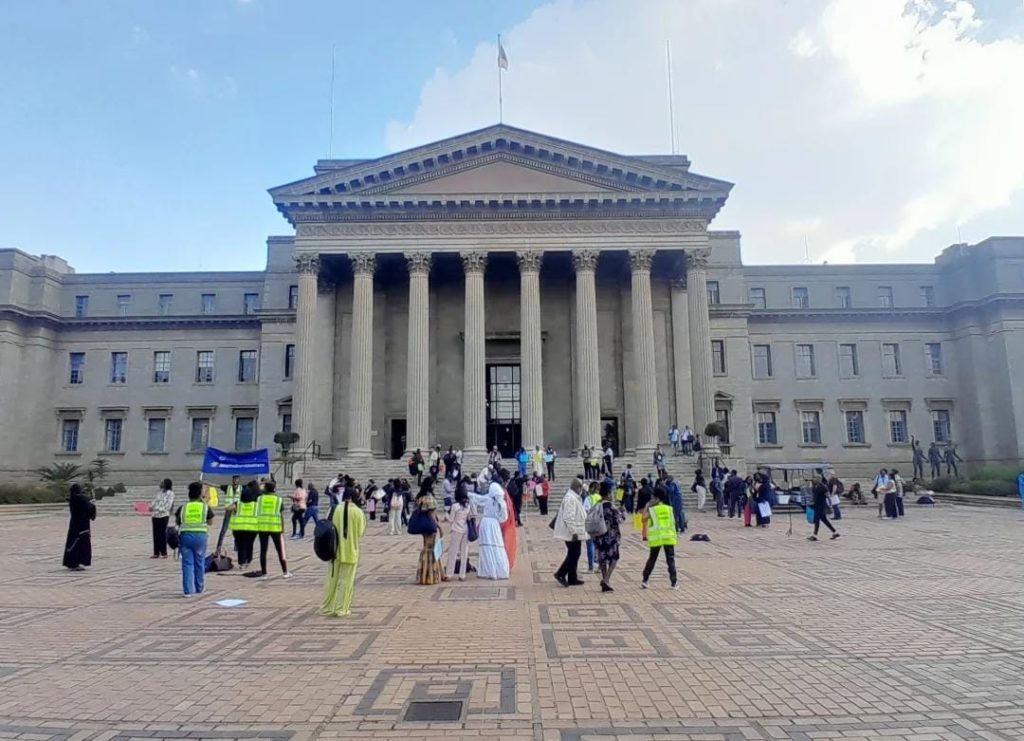It’s been a week of protests at Wits that have led to the suspension of Students Representative Council (SRC) member, Musawenkosi Mavuso. Protesting students accuse him of sexually harassing a fellow student.
“As the elected leadership of students, we refuse to be complicit in any act that undermines the safety, dignity, and justice of the student community,” explained SRC President, Nchabeleng Gilbert, as she confirmed the suspension.
Gilbert urged the university to take firm disciplinary action, including Mavuso’s expulsion, and to ensure he faces full legal consequences if found guilty.
The SRC also declared its support for the student-led march against GBV at Wits’ Education Campus this week, encouraging students to abstain from writing exams in solidarity with survivors.
“The fight against GBV is not negotiable. We will not rest until justice is served,” Gilbert said.
The suspension comes as universities across South Africa prepare to join the Women For Change Shutdown on 21 November, a campaign demanding stronger institutional accountability and protection for victims of gender-based violence.
Institutions including Stellenbosch University and the Durban University of Technology (DUT) have changed their profile pictures on social media to purple, the campaign’s symbolic colour, to show solidarity with survivors.
According to Statistics South Africa, one in three women in the country has experienced physical or sexual violence in her lifetime. Police data shows that more than 53 000 sexual offences were reported in 2024 alone, with many more cases believed to go unreported.
South Africa has one of the highest femicide rates in the world, five times higher than the global average, according to United Nations (UN) Women.
Gender-based violence has become a defining social crisis for the country, with universities increasingly under pressure to strengthen reporting systems, improve survivor support, and ensure accountability in cases involving students and staff.


